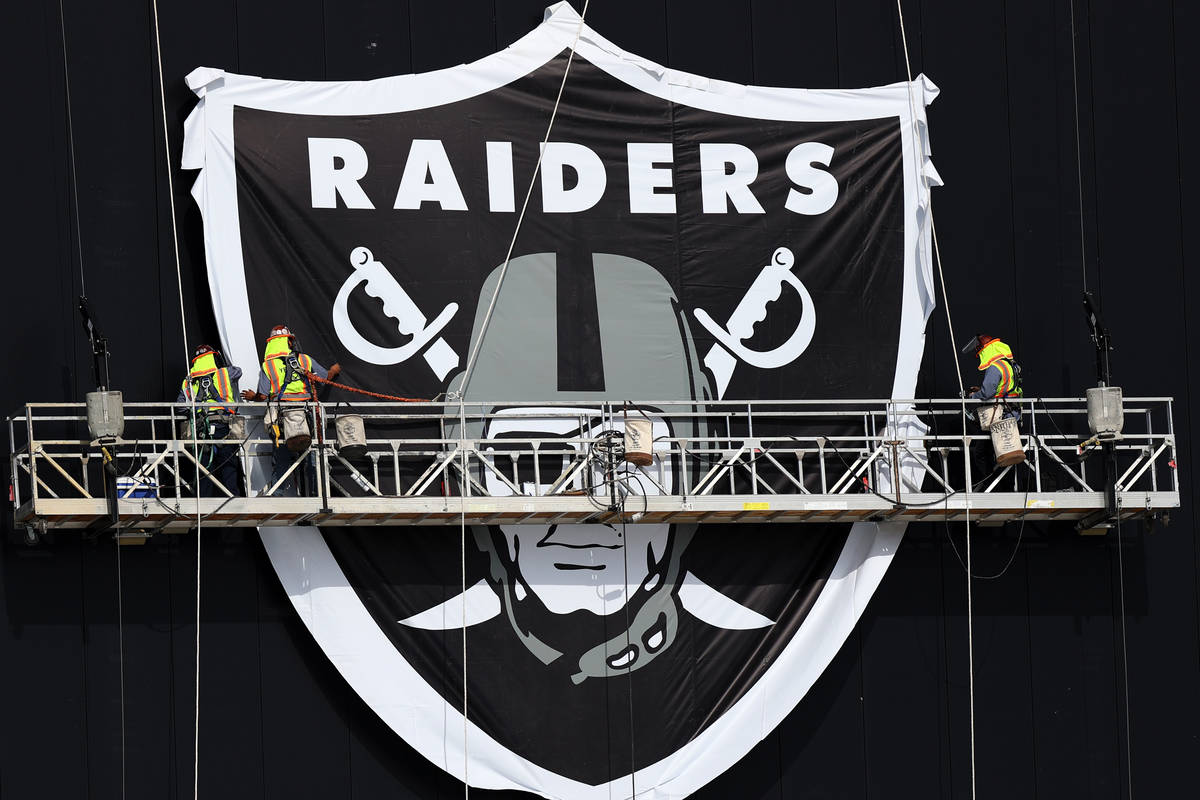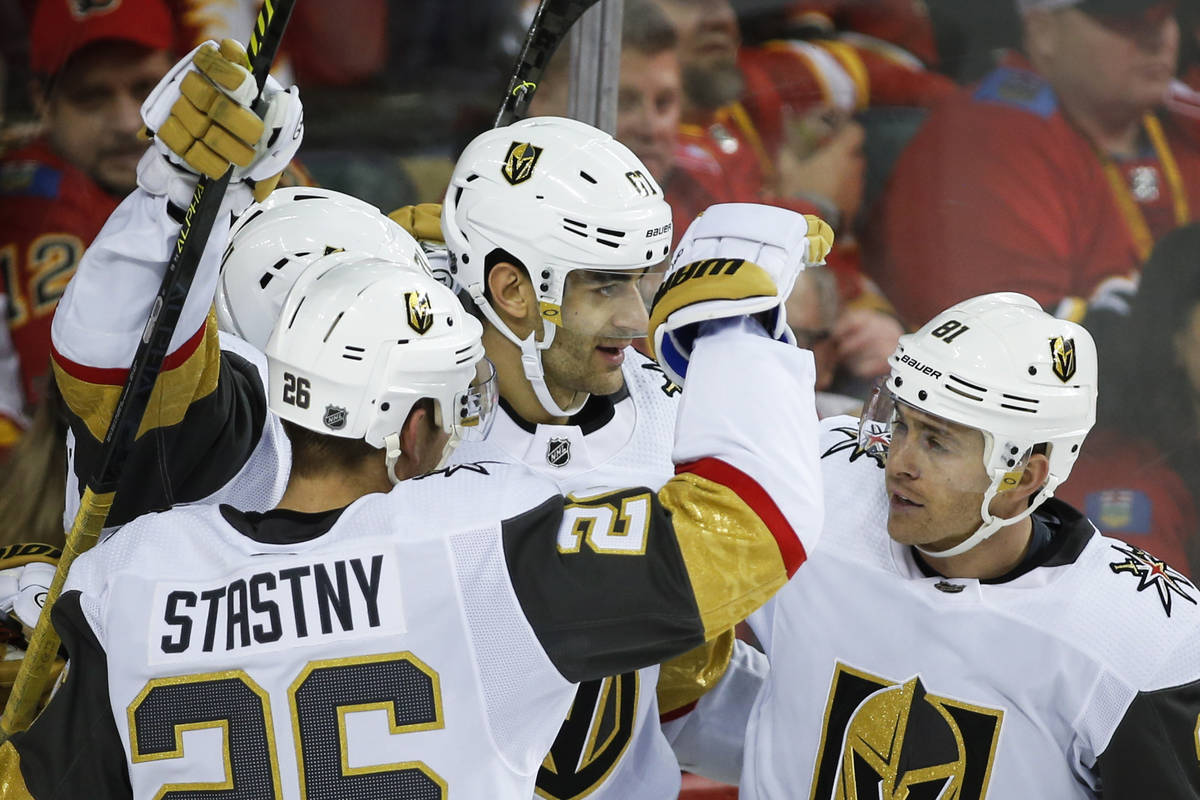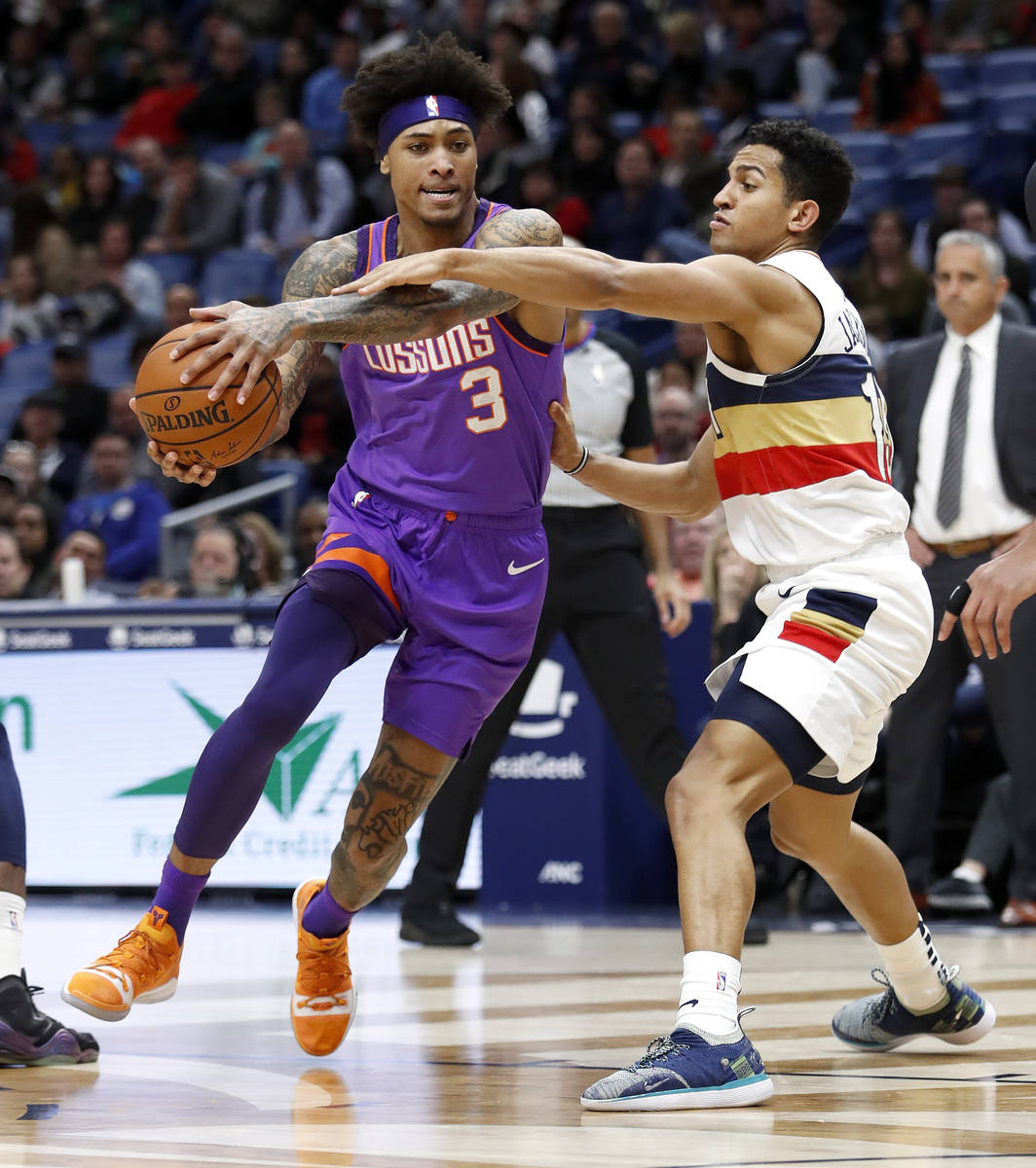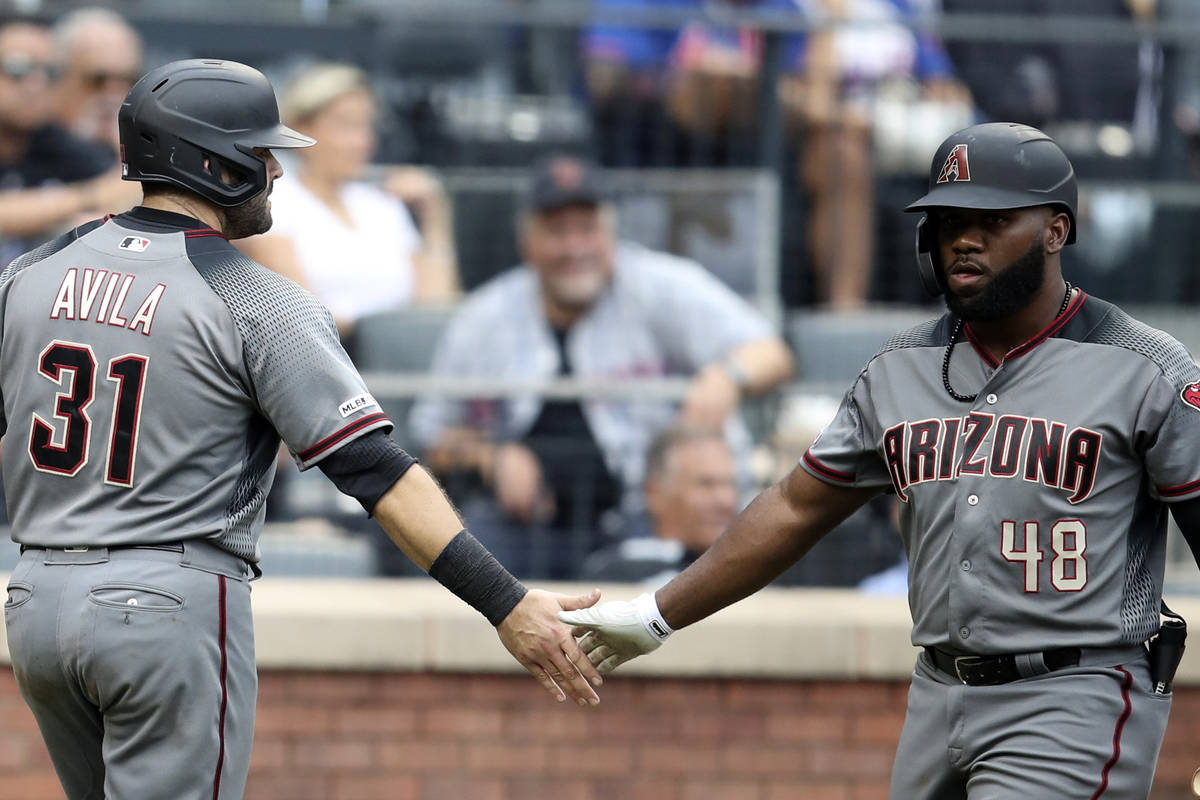Coronavirus shouldn’t impact Las Vegas’ pro sports future
Even as the coronavirus pandemic has introduced an unprecedented amount of uncertainty into the sports world, business experts say the virus and its impact should have little or no bearing on whether tourism-reliant Las Vegas eventually adds to its professional sports portfolio.
They said many factors will determine whether the NBA or Major League Baseball includes Las Vegas in expansion or relocation decisions.
Mark Rosentraub, sport management chairman at the University of Michigan who also consulted with UNLV in stadium talks, said the city’s efforts to diversify its economy should help Las Vegas in its recovery from the financial fallout of the coronavirus.
“The situation of COVID on tourism is not going to have any effect at all on (a league’s) decision,” Rosentraub said. “… Las Vegas is doing all the right things. It’s had recessions before. We’ve had traumas in society, nothing on this scale, but what we also know is that if we look at the past there will be a pharmacological treatment that will be developed … and there will be a vaccine. So this will be behind us.
“Anybody who’s betting against Las Vegas because of COVID, I just laugh.”
The city has shown strong early support for its two major pro teams — the Golden Knights and Raiders — which could benefit it in future franchise considerations.
“I think that success will continue,” said Steve Hill, president and CEO of the Las Vegas Convention and Visitors Authority. “I think professional sports leagues have recognized that, and that is probably attractive to those looking at Las Vegas. The pandemic may slow everything down for a while.”
Hill said he thinks the Las Vegas economy will need a year or two to recover, but the city should then be well-positioned should the NBA or MLB consider new franchise destinations.
Whether those leagues seriously entertained such decisions before the pandemic is not clear. The NBA’s Suns and MLB’s Diamondbacks made noise the past two years about leaving for Southern Nevada, but both teams also were seeking better venue deals in Phoenix.
“I think you have to look at it from the league perspective,” said David Carter, a sports business expert at the University of Southern California. “Where is their business right now? Where is it likely to be in the next several years? What does their risk aversion look like? They have collective bargaining agreements coming up. They have TV contracts expiring in a couple of years. So they have to determine their business model and determine where does expansion or relocation fit in.”
The NBA to Seattle?
Rosentraub said that if the NBA makes any move, it’s likely to choose Seattle over Las Vegas. The presence of major corporations such as Amazon and Microsoft tip the scales heavily in Seattle’s favor, and the NBA has wanted to return there since the SuperSonics left for Oklahoma City 12 years ago.
NBA commissioner Adam Silver told the Review-Journal last summer that expansion and relocation hadn’t been considered.
Rosentraub, however, said he doesn’t think New Orleans can continue to support the Pelicans, and he believes they will be headed to Seattle unless the NBA insists on keeping a team in the Big Easy.
But if the NBA relocates two teams or decides to expand, Rosentraub likes Las Vegas’ chances to be the second city.
Batter up in Vegas?
In T-Mobile Arena, an NBA team at least would have a ready-made venue, but that wouldn’t be the case for a baseball franchise. Building a stadium would mean seeking public financial support after the economic battering brought on by COVID-19. That doesn’t, however, completely rule out Las Vegas getting an MLB team.
Baseball is considering a regional format this season rather than the traditional league setup. Such a change could mean a Northeast division made up of both New York teams, Boston, Philadelphia and Toronto.
If such a format proved popular, perhaps MLB would consider making it more permanent, and under that scenario Rosentraub said two more teams in the West would be needed to make it work properly. That’s because a potential Northwest division (Colorado, Oakland, San Francisco and Seattle) and a Southwest one (both Los Angeles teams, Arizona and San Diego) could have only four teams apiece compared to at least five in the other divisions.
“Traumas accelerate trends,” Rosentraub said. “Different ideas begin to percolate. Now if you said to me last September we would have these conversations, I would’ve said, ‘Are you out of your mind? It’s never going to happen. Baseball’s not going to think about a regional framework.’ Think about the NFL. That’s what they did.”
The bottom line
The truth is, no one knows the city’s pro sports future, and events can happen quickly if an owner sells a franchise to someone looking to make Las Vegas its home.
Or, as was the case with the Raiders’ move from Oakland, California, the process can be drawn out.
But whatever may happen is speculation.
“Las Vegas has been nothing but about delivering a compelling shared experience over the last decade,” Carter said. “What does that landscape look like 10 years from now?”
That remains to be seen.
Contact reporter Mark Anderson at manderson@reviewjournal.com. Follow @markanderson65 on Twitter.
Las Vegas' pro sports landscape
Golden Knights — Fans have provided strong support all three seasons, and the Knights have responded with two Pacific Division titles.
Raiders — They are scheduled to play their first season at Allegiant Stadium, and personal seat licenses sold out in January.
NBA — Las Vegas hosts all 30 teams in the Summer League, which has become the league's offseason hub.
Baseball — The Triple-A Aviators broke their attendance record in their first season last year at Las Vegas Ballpark.


























